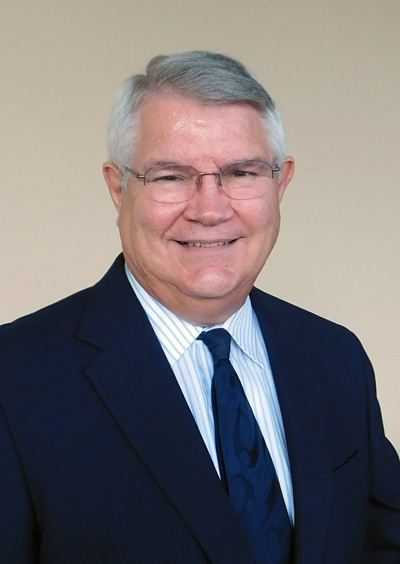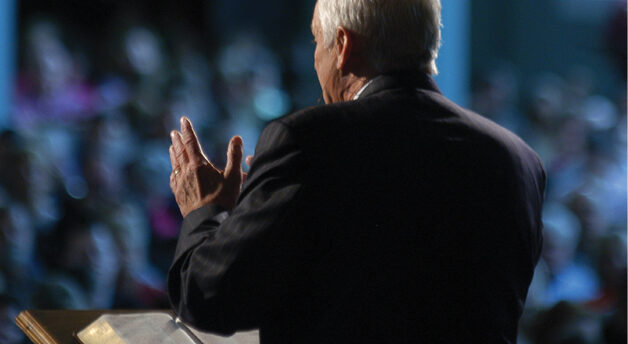Pondering Preaching
A Tweet I read the other day got me to thinking about preaching. On X (formerly Twitter) a preacher posted that as a young preacher, he was advised to study one hour for each minute he preached. In the thread that followed, most disagreed with that advice, as do I. A disclaimer here—I am not a preaching professor. I majored in missions in my PhD studies, and I’ve taught mainly missions and evangelism. However, I have taught preaching several times, and I’ve been preaching for 50 years. So, here are some random thoughts and opinions about preaching.
How long should you study in preparation for preaching? That’s a difficult question. A novice preacher would need more time than a veteran. Beyond that, some Bible passages are harder than other. Usually, the Old Testament requires more study for me. I found that when I preached a series of sermons, the preparation time diminished. The preparation for the previous sermon helped me with the next one. At Southwestern Seminary, Dr. Al Fasol taught us expository preaching (some now call it text-driven). Expository preaching does require careful study. In my later years, I could prepare a sermon in four or five hours. Sometimes, a passage required longer, but that was unusual. In his handbook for pastors, W.A. Criswell advised pastors to study and pray in the morning and to visit and do administrative work in the afternoon. I’ve always thought that was good advice. Following that advice would have you studying about 20 hours each week.
My home church pastor taught me this formula: explain the sermon point, illustrate the point, and apply the point. Dr. Fasol taught this, too. I’ve found that works quite well. As I gained experience, I found it easier to develop an expository outline of the Bible passage. When I was a pastor, preaching 45 times a year, it proved hard to find fresh illustrations week after week. So, I’m saying the outline was often easier than the illustrations.
The trend in preaching these days is toward longer sermons—45–60 minutes. I don’t think that is wise. We were taught to preach 30-minute sermons, and I try to do that. I’m not sure most congregations have more than a 30-minute attention span. Beyond that, how many preachers can hold a congregation’s interest for more than 30 minutes? I told my preaching classes, “Leave them wishing for more, rather than praying you’ll finish up.” I don’t preach much now, but I’m blessed to hear Dr. Chris Osborne at our church in Fort Worth, where he serves as the Teaching Pastor. Dr. Osborne teaches preaching at Southwestern Seminary, and he normally preaches 25 minutes. One of my classmates asked Dr. Fasol, “How long should a sermon be?” He answered, “Long enough.” What do you all think? I believe that good preaching includes an element of teaching, and good Bible teaching includes an element of preaching. Years ago, I read The Teaching Ministry of the Pulpit by Craig Skinner. That book influenced my thinking considerably. I commend that book to you.
A lot of the sermons I’ve heard over the years lacked application. It is important to tell the people what to do in response to the sermon. Dr. Leon McBeth, longtime professor at Southwestern Seminary, used to say, “Every sermon ought to answer the ‘so what?’ question.” He meant, if this sermon is true, then what should we do about it?
This blog article was originally published on sbcvoices.com.

About the Author: Dr. John Mark Terry
John Mark Terry is Emeritus Professor of Missions at Mid-America Baptist Theological Seminary, and he serves as the Teaching Pastor at Central Baptist Church in Crandall, Texas. He earned a PhD at Southwestern Baptist Theological Seminary, served with the International Mission Board of the Southern Baptist Convention in Southeast Asia for 24 years, and later as Professor of Missions at The Southern Baptist Theological Seminary. He is the author of eight books, many journal articles, and curriculum materials for Lifeway. He is married, and he and his wife, Barbara, have two children and five grandchildren. For fun he reads murder mysteries, cheers for the Kentucky Wildcats basketball team, and watches SEC football.
